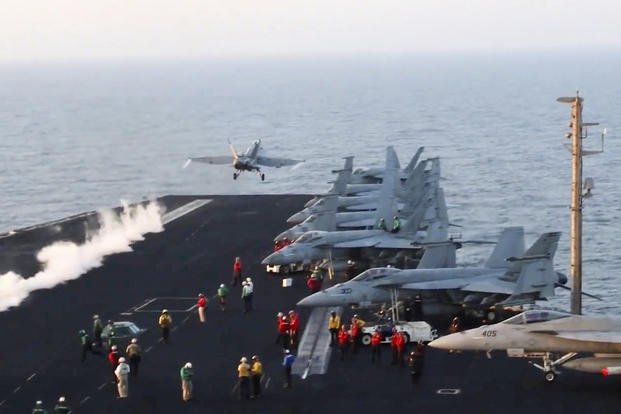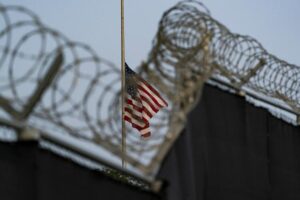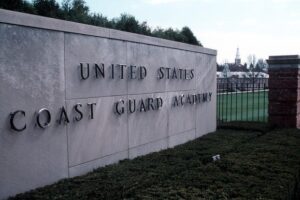Escalating Tensions: U.S. Airstrikes and Accusations Against Iran
The geopolitical landscape of the Middle East remains fraught with tension as the United States launches airstrikes against Yemen’s Houthi rebels, while Iran firmly denies any involvement in supporting the militant group. This development follows President Donald Trump’s stern warning to Tehran, holding it “fully accountable” for the actions of the Houthis.
According to the Houthi-run Health Ministry, the airstrikes tragically resulted in at least 31 fatalities, including women and children, and left over 100 individuals injured. The rebels reported that one of the strikes targeted two homes in the northern Saada province, resulting in the deaths of four children and a woman. Al-Masirah TV, operated by the rebels, broadcasted images purportedly showing the aftermath.
In a broader context, the Houthis have a history of targeting international shipping in the Red Sea and launching attacks on Israel. These actions were justified by the rebels as demonstrations of solidarity with Palestinians in Gaza amid ongoing conflicts with Hamas, another ally of Iran. However, these attacks ceased with a tentative ceasefire between Israel and Hamas in January, only for the Houthis to threaten renewed aggression after Israel’s recent decision to halt humanitarian aid to Gaza.
The U.S. and other nations have long accused Iran of providing military assistance to the Houthis. The U.S. Navy has intercepted shipments of Iranian-made missile components allegedly destined for the rebels, who maintain control over Yemen’s capital, Sanaa, and northern regions.
Despite these allegations, Gen. Hossein Salami, head of Iran’s Revolutionary Guard, refuted claims of Iranian involvement. He stated on state-run TV that Iran “plays no role in setting the national or operational policies” of the militant groups it is allied with across the region. Iranian Foreign Minister Abbas Araghchi echoed this sentiment, urging the U.S. to cease its strikes and asserting that Washington cannot dictate Iran’s foreign policy.
President Trump, in response to the ongoing threat, pledged to utilize “overwhelming lethal force” until the Houthis discontinue their attacks on vital maritime shipping lanes. This escalation follows the Houthi declaration of intent to target Israeli vessels near Yemen, prompted by Israel’s blockade on Gaza. So far, no new attacks have been reported post-strike.
During the conflict between the Houthis and Israel, over 100 merchant ships were targeted, resulting in the sinking of two vessels and the deaths of four sailors. This campaign was part of the broader hostilities that erupted with the Israel-Hamas war in October 2023, a conflict temporarily paused by a ceasefire in January.
The recent U.S. airstrikes, marking the first under Trump’s second administration, were conducted without the involvement of Israel or Britain, both of which have previously participated in military actions against Houthi-controlled areas in Yemen.
For more updates on this evolving situation, follow AP’s coverage at AP News.










